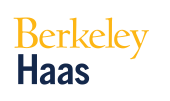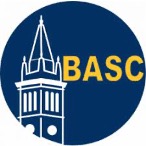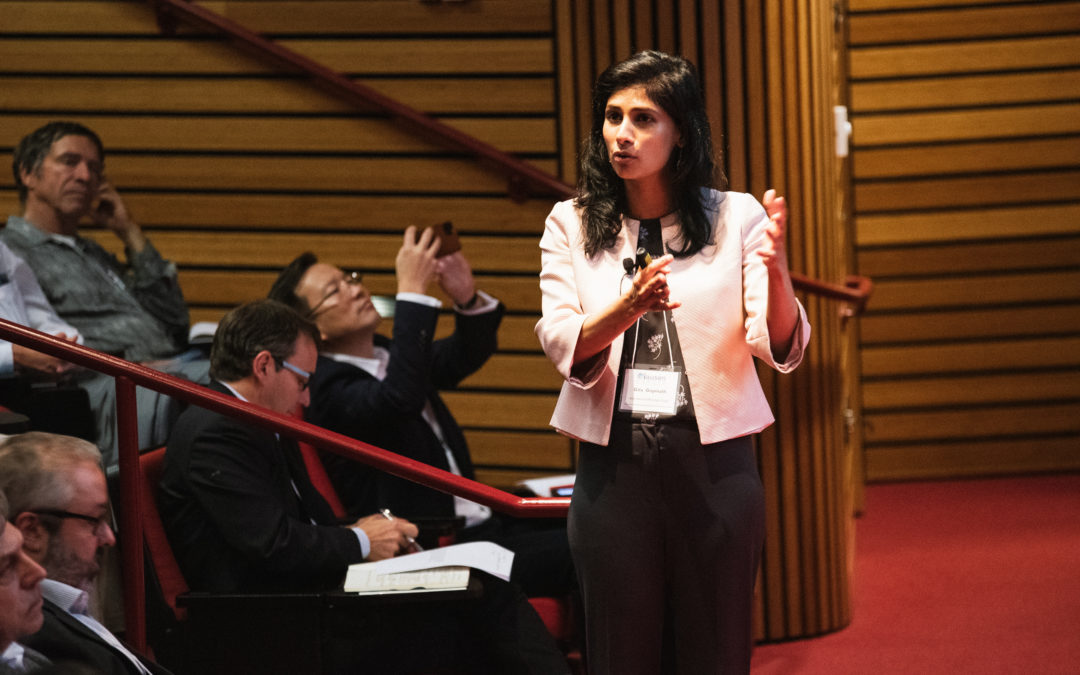
by ClausenCenter | Apr 9, 2024 | Events
Gita Gopinath, the First Deputy Managing Director of the International Monetary Fund, will join UC Berkeley students, faculty, and staff for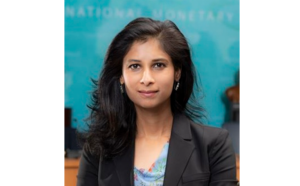 a town hall meeting on May 8, 2024 from 2:00pm-3:00pm at the Social Science Matrix venue. The event will feature an interview of Dr Gopinath conducted by current UC Berkeley students on topics ranging from debt sustainability to economic fragmentation and the role of the dollar in the global economy, followed by an open question period.
a town hall meeting on May 8, 2024 from 2:00pm-3:00pm at the Social Science Matrix venue. The event will feature an interview of Dr Gopinath conducted by current UC Berkeley students on topics ranging from debt sustainability to economic fragmentation and the role of the dollar in the global economy, followed by an open question period.
The Social Science Matrix is located on the 8th floor of the Social Sciences Building on the UC Berkeley campus. There are entrances at both ends of the building, but only one of the elevators on the eastern side goes directly to the 8th floor. You can alternatively take the stairs.
You must be registered to attend this event. Please note that this event is limited to UC Berkeley students, faculty, and staff. Attendees will be asked to present ID upon arrival. Please register using the link below:
> Register now
For more information about the event, please visit the UC Berkeley Social Science Matrix page.
If you require an accommodation for effective communication (ASL interpreting/CART captioning, alternative media formats, etc.) or information about campus mobility access features in order to fully participate in this event, please contact Chuck Kapelke at ckapelke@berkeley.edu with as much advance notice as possible and at least 7-10 days in advance of the event.
Presented by Social Science Matrix and the Clausen Center for International Business and Policy.
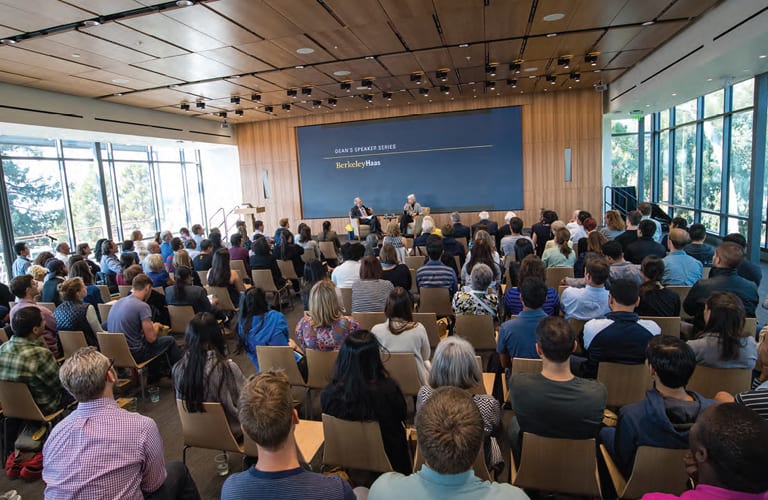
by ClausenCenter | Nov 13, 2023 | Conferences, Events
NOVEMBER 18, 2023
UNIVERSITY OF CALIFORNIA BERKELEY

Program |

Venue |

Photos |

Hotel |

Contact |
UC Berkeley’s Clausen Center for International Business and Policy will hold its 4th biennial Conference on Global Economic Issues: Deglobalization and Fragmentation, on Saturday, November 18, 2023.
The Clausen conference will host prominent economists, policymakers, and industry participants. This year we welcome Pinelopi Goldberg, Elihu Professor of Economics and Professor of Management at Yale University, to give the keynote address.
Thank you for joining us for the 2023 Clausen Center Conference!
We hope you enjoy the conference photos and you can find the participant list here.
We look forward to seeing you again and best wishes for the new year!

PROGRAM
| 8:30-9:00am |
Registration & Breakfast |
| 9:00-9:15am |
Opening Remarks
Benjamin E. Hermalin Executive Vice Chancellor and Provost,
University of California Berkeley |
| 9:15-10:30am |
Session 1 – Energy, Trade and the Environment
Moderator: Pierre-Olivier Gourinchas International Monetary Fund
Panelists:
Cullen S. Hendrix Peterson Institute for International Economics (View Session Slides)
Catherine Wolfram MIT Sloan School of Management
Joseph Shapiro University of California Berkeley (View Session Slides)
|
| 10:30-11:00am |
Break |
| 11:00-12:30pm |
Session 2 – Semiconductors, export restrictions and CHIPs Act
Moderator: Matilde Bombardini University of California Berkeley
Panelists:
Alberto L. Sangiovanni-Vincentelli University of California Berkeley and co-founder of Cadence and Synopsys (View Session Slides)
Chad P. Bown Peterson Institute for International Economics
Matthew S. Borman Deputy Assistant Secretary of Commerce for Export Administration – Bureau of Industry and Security
Ronnie Chatterji Duke University and former White House Coordinator for CHIPS Act Implementation at the National Economic Council (NEC) |
| 12:30-1:45pm |
Lunch |
| 1:45-3:15pm |
Session 3 – Financial issues related to de-dollarization and international capital flows
Moderator: Barry Eichengreen, University of California Berkeley
Panelists:
Patricia C. Mosser Columbia University
Gene Frieda London School of Economics
Matteo Maggiori Stanford Graduate School of Business |
| 3:15-3:45pm |
Break |
| 3:45-4:45pm |
Egon & Joan von Kaschnitz Keynote Lecture
“Globalization in Crisis”
Pinelopi Goldberg Elihu Professor of Economics and Professor of Management, Yale University (View Session Slides) |
| 4:45-5:00pm |
Closing Remarks – Matilde Bombardini and Cecile Gaubert (Clausen Center Co-directors) |
| 5:00-6:00pm |
Reception |

Venue
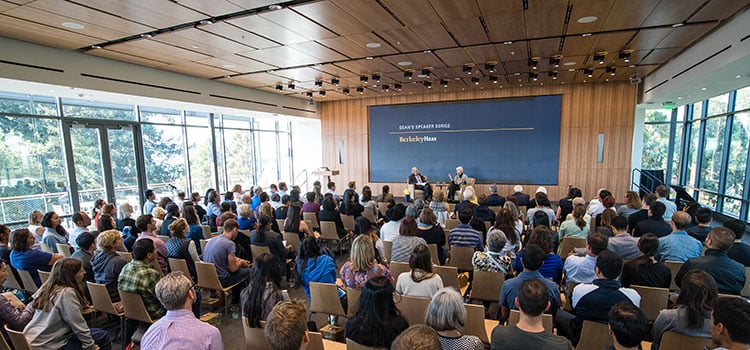 All sessions will be held at:
All sessions will be held at:
Chou Hall
University of California Berkeley
Spieker Forum (6th Floor), Cheit Ln, Berkeley, CA 94720

Parking and Transportation
Parking
Parking Passes for participants can be reserved in advance.
Parking validation is available at Stadium Parking Lot.
Contact econevents@berkeley.edu to request a permit.
Transportation
Shuttle service will be provide to and from the conference venue for all those lodging at Le Meridien San Francisco hotel.
For additional transportation options, please visit Bart.gov or 511.org

Accommodation
 Le Meridien San Francisco, 333 Battery Street, San Francisco
Le Meridien San Francisco, 333 Battery Street, San Francisco
Reservations at Le Meridien are now closed. If you require lodging, we recommend Hotel Shattuck Plaza and Residence Inn.
Conference participants are responsible for any lodging expenses.
Please contact econevents@berkeley.edu for more information about discount rates.

Contact
For questions regarding conference logistics, please contact econevent@berkeley.edu

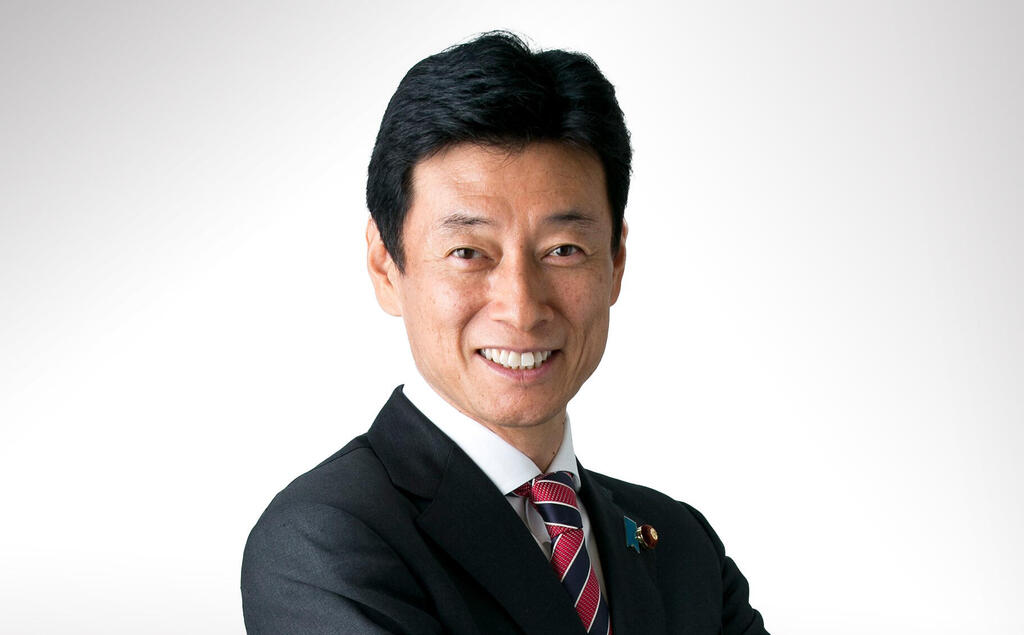
by ClausenCenter | Nov 13, 2023 | Events
The Clausen Center is co-sponsoring a talk by Japan’s Minister of the Economy, Trade, and Industry, Nishimura Yasutoshi, on Nov. 15 at 12:30 pm in Chou Hall’s Spieker Forum. The event is held in partnership with the Berkeley APEC Study Center; the Institute for East Asian Studies; the Center for Japanese Studies; and Berkeley SkyDeck, with support from the Haas Asia Business Club. The talk, covering fostering entrepreneurship and innovation in Japan, will look at how Japan is driving transformation change through its support for startups. Mr. Nishimura will also participate in a conversation with Haas School of Business Acting Dean Jenny Chatman.
The program, which will run from 12:30-1 pm, will be:
- Welcome from Clausen Center Faculty Director Matilde Bombardini
- Remarks by METI Minister Nishimura Yasutoshi
- Fireside interview with Jenny Chatman and Minister Nishimura
Mr. NIshimura has served as Minister of Economy, Trade and Industry (METI) since August 2022. He was reappointed to his post in September 2023. He was born on October 15, 1962, in Hyogo Prefecture in Japan’s Kansai region. He was first elected to Japan’s House of Representatives in 2003 and has held a number of senior government roles during the past 20 years.
We ask that you register for the free event ahead of time so we can have an accurate count of attendees.
> Register now


by ClausenCenter | Feb 7, 2023 | Events
On Thursday, Feb. 16, starting at noon the Clausen Center and UC Berkeley Social Science Matrix will co-sponsor a panel discussion on ‘Economics and Geopolitics in U.S. International Relations: China, Europe, and the Global South”. The event will be held in the Spieker Forum, 6th Floor, Chou Hall, of the Haas School of Business.
REGISTER NOW
The pandemic and the war in Ukraine have reshaped global geopolitics, trade, and security. How will these changes affect the relationship between the US and China, Europe, and the Global South? How will they impact US firms operating globally, and how might foreign leaders — and notably the Chinese leadership — respond? In this panel discussion, a group of distinguished scholars will answer these questions and address the possible implications for the global multilateral order established in the second half of the 20th century.
Panelists
Mariano-Florentino (Tino) Cuéllar, President, Carnegie Endowment for International Peace, former justice of the Supreme Court of California
James Fearon, Theodore and Frances Geballe Professor, Stanford School of Humanities and Sciences; Professor of Political Science, Senior Fellow, Freeman-Spogli Institute for International Studies
Pierre-Olivier Gourinchas, Economic Counsellor and the Director of Research, International Monetary Fund; S.K. and Angela Chan Professor of Global Management, UC Berkeley Department of Economics and at the Haas School of Business
Laura Tyson, Class of 1939 Professor of Economics and Business Administration and Distinguished Professor Emerita of Economics, UC Berkeley
John Zysman (moderator), Professor Emeritus at UC Berkeley, co-founder/co-director of the Berkeley Roundtable on the International Economy

by ClausenCenter | Nov 16, 2020 | Events
Last spring, the COVID-19 pandemic led to an unprecedented shutdown of the global economy. Governments (mostly in advanced economies) responded with an array of programs, including increased unemployment benefits, stimulus payments, small business assistance loans, and broad monetary support. In spite of these unprecedented interventions, all financed by a rapid expansion of public debt, the economic outlook continues to be very uncertain 10 months into the pandemic.
What are the likely near- and long-term consequences of the pandemic for the global economy? Which populations have been most affected? Which industries are likely to recover, and which will not? How should we evaluate the success of economic measures taken by governments in the U.S. and around the world?
Co-sponsored by the Clausen Center for International Business and Policy — and presented as part of the Berkeley Haas “New Thinking in a Pandemic” series — this “Matrix on Point” brought together a panel of scholars to discuss the economic consequences of the COVID-19 pandemic.
> Watch the video
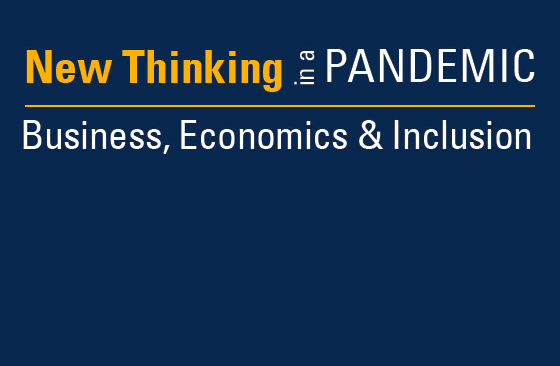
by ClausenCenter | Sep 10, 2020 | Events
You can watch the video of New Thinking in a Pandemic, a recent webinar co-sponsored by the Clausen Center, on YouTube at https://youtu.be/EcHBD-D5CRQ. In conversation with Clausen Center Director Professor Pierre-Oliver Gourinchas, the S.K. and Angela Chan Professor of Global Management, Political Science and Economics Professor Barry Eichengreen, who is also a Clausen Center faculty member, shared his recent research on how the coronavirus pandemic might significantly reduce trust in political institutions and science for decades to come, and leave long-lasting scars on the next generation.
About the series:
“New Thinking in a Pandemic: Business, Economics, and Inclusion” is a twice-monthly series hosted by Berkeley Haas faculty to highlight cutting-edge, high-level thinking and analysis on a range of topics around business, economics, and equity during the coronavirus pandemic and beyond.

 a town hall meeting on May 8, 2024 from 2:00pm-3:00pm at the Social Science Matrix venue. The event will feature an interview of Dr Gopinath conducted by current UC Berkeley students on topics ranging from debt sustainability to economic fragmentation and the role of the dollar in the global economy, followed by an open question period.
a town hall meeting on May 8, 2024 from 2:00pm-3:00pm at the Social Science Matrix venue. The event will feature an interview of Dr Gopinath conducted by current UC Berkeley students on topics ranging from debt sustainability to economic fragmentation and the role of the dollar in the global economy, followed by an open question period.

 All sessions will be held at:
All sessions will be held at:


